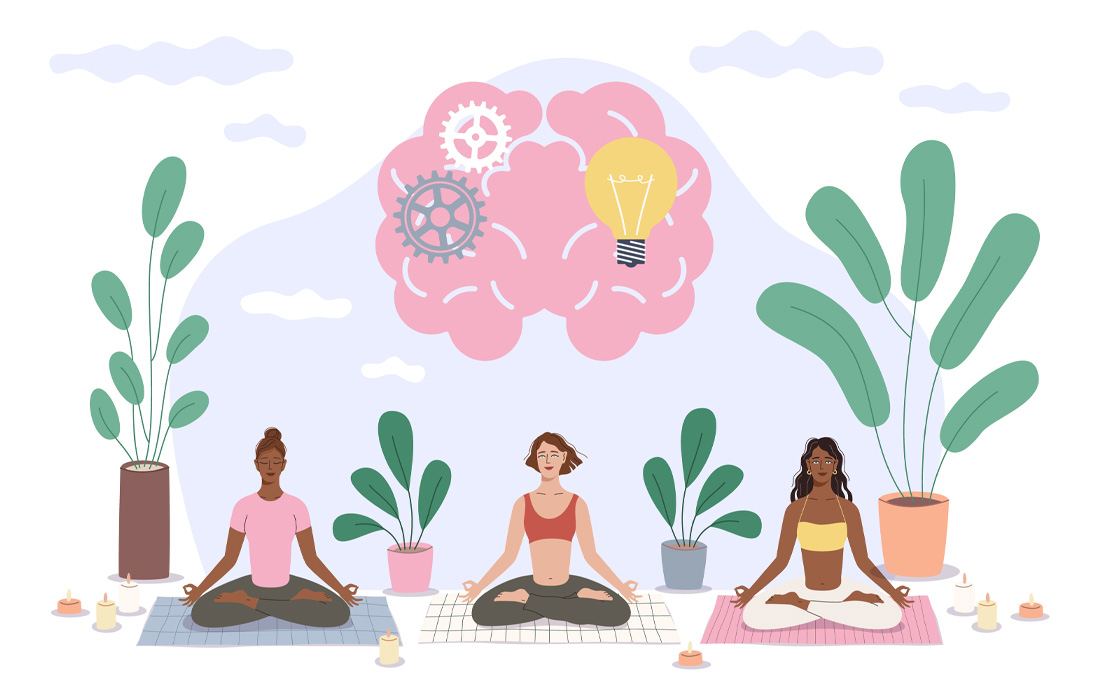
Sleep inertia is the feeling of grogginess and disorientation that occurs immediately after waking up from sleep. Sometimes called “sleep drunkenness,” this state can last from a few minutes to up to 30 minutes or longer.
During sleep inertia, brain and body functions are temporarily impaired, making it difficult to perform tasks that require clear thinking and coordination. People who have problems waking up may be moving, maybe even talking, but their mind isn’t fully awake. They may do or say strange things and may not remember what has happened once they are fully awake.
People with sleep inertia may find that they are unable to wake up when their alarm sounds and may oversleep the typical wake-up time. They may use their snooze button multiple times before they are able to get out of bed. Hitting that snooze button may feel great in the moment, but ultimately the disruption to the sleep cycle doesn’t allow quality sleep between the alarm soundings.
Sleep inertia is a normal phenomenon and usually resolves on its own as the brain transitions from sleep to full wakefulness. To minimize the impact of sleep inertia, individuals can:
- Ensure adequate and consistent sleep duration. If the sleep cycle or schedule is off, then individuals are more likely to suffer from sleep inertia. People who have irregular sleep schedules from shift work may be more likely to suffer from sleep inertia.
- Avoid abrupt awakenings, especially from deep sleep stages. This may take some practice to figure out the perfect sleep schedule.
- Allow some time after waking up before engaging in activities that require high levels of cognitive or physical performance. Knowing limitations can help to ensure that the morning routine runs smoothly.
- Investigate whether certain medications, mental health conditions, or sleep disorders may be at fault for your difficulty waking up. People with sleep inertia may find that a sleep study will help them to figure out a solution to the issue.
- Make sure to follow good sleep hygiene practices. Avoid alcohol and caffeine in the time prior to sleep, turn off televisions and electronic devices about an hour prior to going to bed, keep your room dark, quiet and cool.
Understanding and managing sleep inertia can help improve morning productivity and overall well-being.


